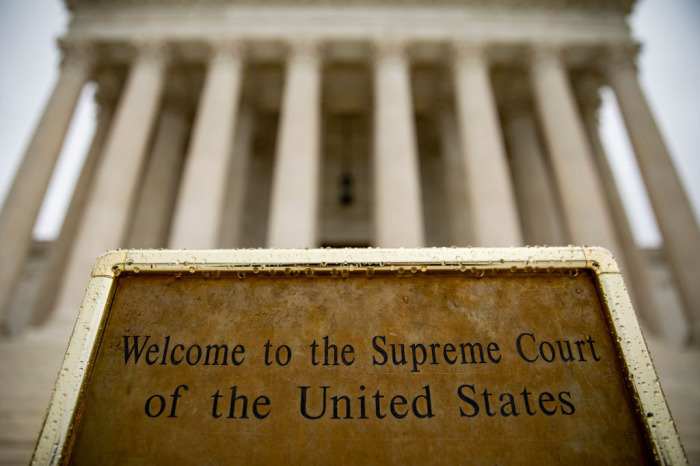Supreme Court won’t hear Catholic Church’s challenge to DC Metro’s ban on religious ads

The Supreme Court denied hearing a petition from the Catholic Church on Monday challenging the Washington D.C. Metropolitan Area Transit Authority’s policy banning religious advertising as a violation of the First Amendment.
The case was set in motion after WMATA refused to run a Christmas ad from the church in 2017. The U.S. Court of Appeals for the D.C. Circuit previously upheld the ban on religious messages on buses and trains and in stations as lawful and free from discrimination, The Washington Post reported.
While Justice Neil M. Gorsuch and Justice Clarence Thomas agree that the decision by the U.S. Court of Appeals for the D.C. Circuit was wrong, the Supreme Court chose not to review the case because Justice Brett Kavanaugh, who was involved with the lower court’s ruling, had to recuse himself from the case.
“Because the full Court is unable to hear this case, it makes a poor candidate for our review,” Gorsuch wrote.
In his dissent, Gorsuch argued that WMATA’s policy is a clear case of “viewpoint discrimination.”
“At Christmastime a few years ago, the Catholic Church sought to place advertisements on the side of local buses in Washington, D. C. The proposed image was a simple one — a silhouette of three shepherds and sheep, along with the words ‘Find the Perfect Gift’ and a church website address. No one disputes that, if Macy’s had sought to place the same advertisement with its own website address, the Washington Metropolitan Area Transit Authority (WMATA) would have accepted the business gladly,” he noted.
“Indeed, WMATA admits that it views Christmas as having ‘‘a secular half’’ and ‘‘a religious half,’’ and it has shown no hesitation in taking secular Christmas advertisements … Still, when it came to the church’s proposal, WMATA balked. That is viewpoint discrimination by a governmental entity and a violation of the First Amendment. In fact, this Court has already rejected no-religious-speech policies materially identical to WMATA’s on no fewer than three occasions over the last three decades,” he explained.
“The Constitution requires the government to respect religious speech, not to maximize advertising revenues. So if WMATA finds messages like the one here intolerable, it may close its buses to all advertisements. More modestly, it might restrict advertisement space to subjects where religious viewpoints are less likely to arise without running afoul of our free speech precedents,” he argued.
“The one thing it cannot do is what it did here — permit a subject sure to inspire religious views, one that even WMATA admits is ‘half ‘ religious in nature, and then suppress those views. The First Amendment requires governments to protect religious viewpoints, not single them out for silencing.”




























